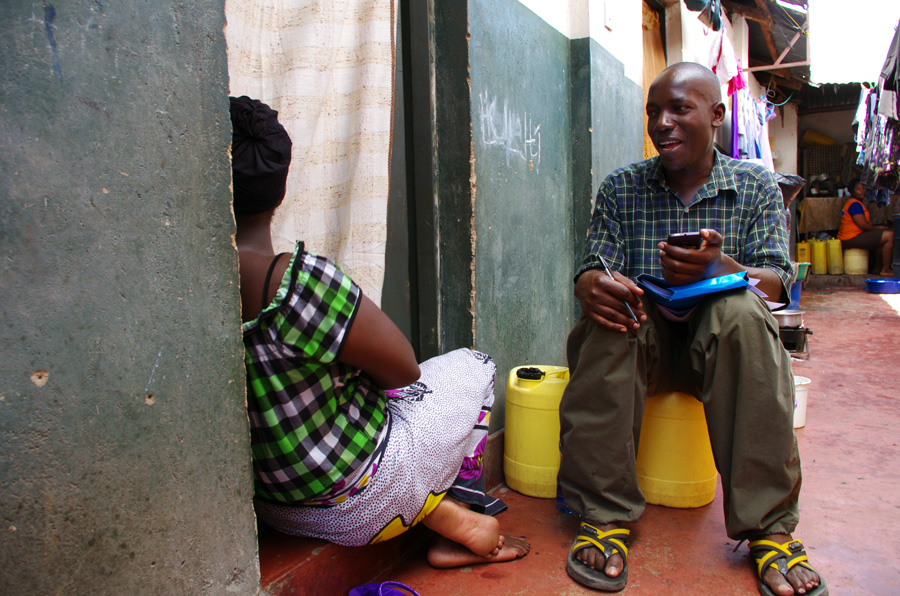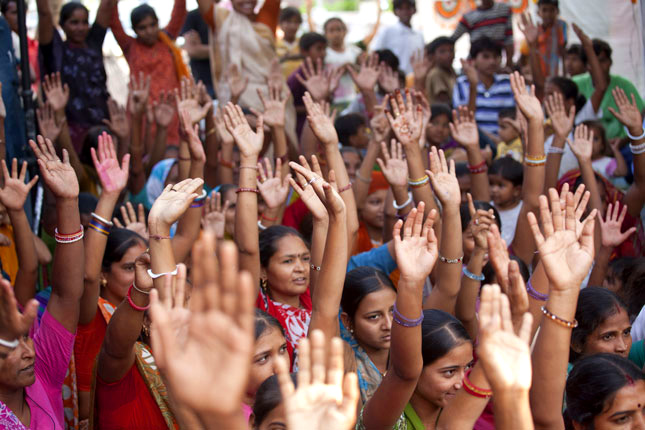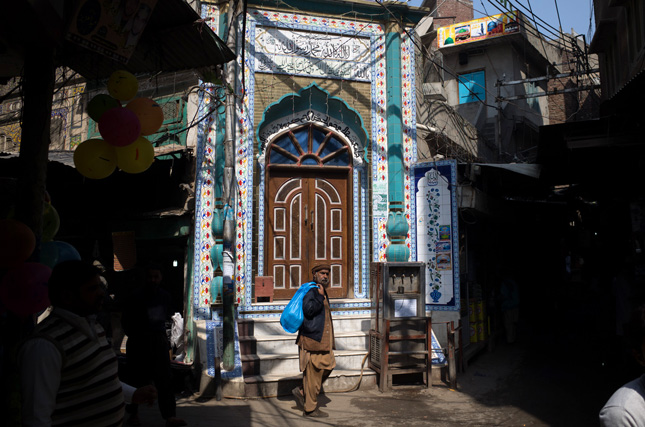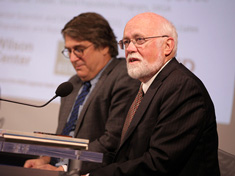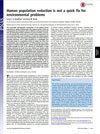-
Bridging the Gap: Family Planning, Rights, and Climate-Compatible Development
›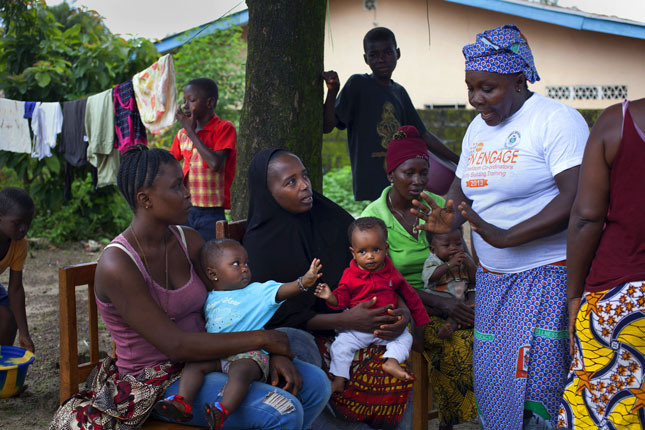
“There is no magic bullet or solution to resolving climate change quickly,” said the Population Reference Bureau’s Jason Bremner at the Wilson Center on October 28. “Our next 100 years will be far different from the last 100 or the last 1000…and it has become clear that nations will have to pursue many strategies in order to reduce emissions, build resilience, and adapt.” [Video Below]
-
Chernor Bah: Girls Invisible in Most Youth Development Policies
›
“Youth in many countries is synonymous [with] masculinity,” says Chernor Bah in this week’s podcast. “Across governments – and I’ve looked at a lot of youth policies – girls are invisible.”
-
Mobile Tech Drives Faster Data Collection for Family Planning Indicators With PMA2020
›December 22, 2014 // By Elizabeth Leahy MadsenIn an effort to revamp the time-intensive process of conducting household surveys to collect health data in developing countries, a new project is using mobile phones and rapid processing techniques to generate regular updates for a tranche of indicators previously only adjusted every three to five years.
-
UNFPA: World’s 1.8 Billion Young People Need to Be More Involved in Development
›
“A world in which a quarter of humanity is denied full enjoyment of their rights is an unjust world,” said Kate Gilmore, deputy executive director of the United Nations Population Fund (UNFPA). “It’s a world without the building blocks for human progress, for human peace, for human security.” [Video Below]
-
Pakistan’s Most Recent Demographic and Health Survey Reveals Slow Progress
›December 10, 2014 // By Richard Cincotta
A quick scan through the charts and graphs of Pakistan’s most recent Demographic and Health Survey yields more than a few insights into the performance of the government’s health policies and the public health and demographic challenges it will face in the future.
-
Safety and Security in the Global Youth Wellbeing Index
›Few would argue with the notion that socioeconomic development is contingent on peace, safety, and security. What goes for nations, goes for people too – especially young people.
-
William Butz: Investment in Human Capital, Not Engineering, Central to Climate Resilience
›
“How does climate change affect people by age and sex, and where they live?” asks William Butz, director of coordination and outreach at the Wittgenstein Center for Demography and Global Human Capital, in this week’s podcast. “And how to do they respond? How do they adapt or fail to adapt?”
-
New Research Highlights Environmental Impact of Human Numbers While FP2020 Makes Steady Strides
› Global population growth is so rapid that even the most severe crises imaginable would still leave the planet with more people than it can sustainably support, according to a recent study by the University of Adelaide’s Corey Bradshaw and Barry Brook published in the Proceedings of the National Academy of Sciences.
Global population growth is so rapid that even the most severe crises imaginable would still leave the planet with more people than it can sustainably support, according to a recent study by the University of Adelaide’s Corey Bradshaw and Barry Brook published in the Proceedings of the National Academy of Sciences.
Showing posts from category demography.



